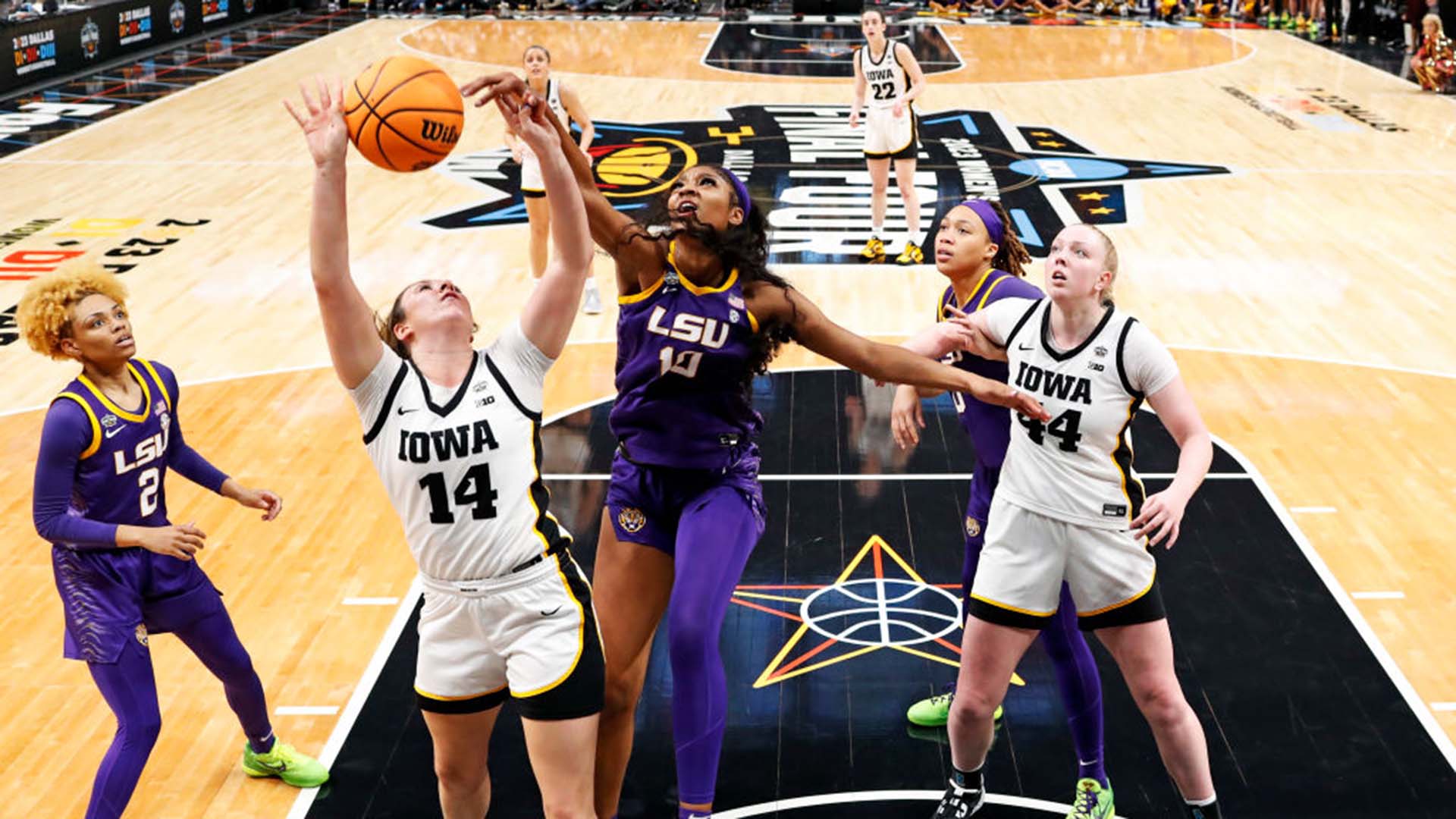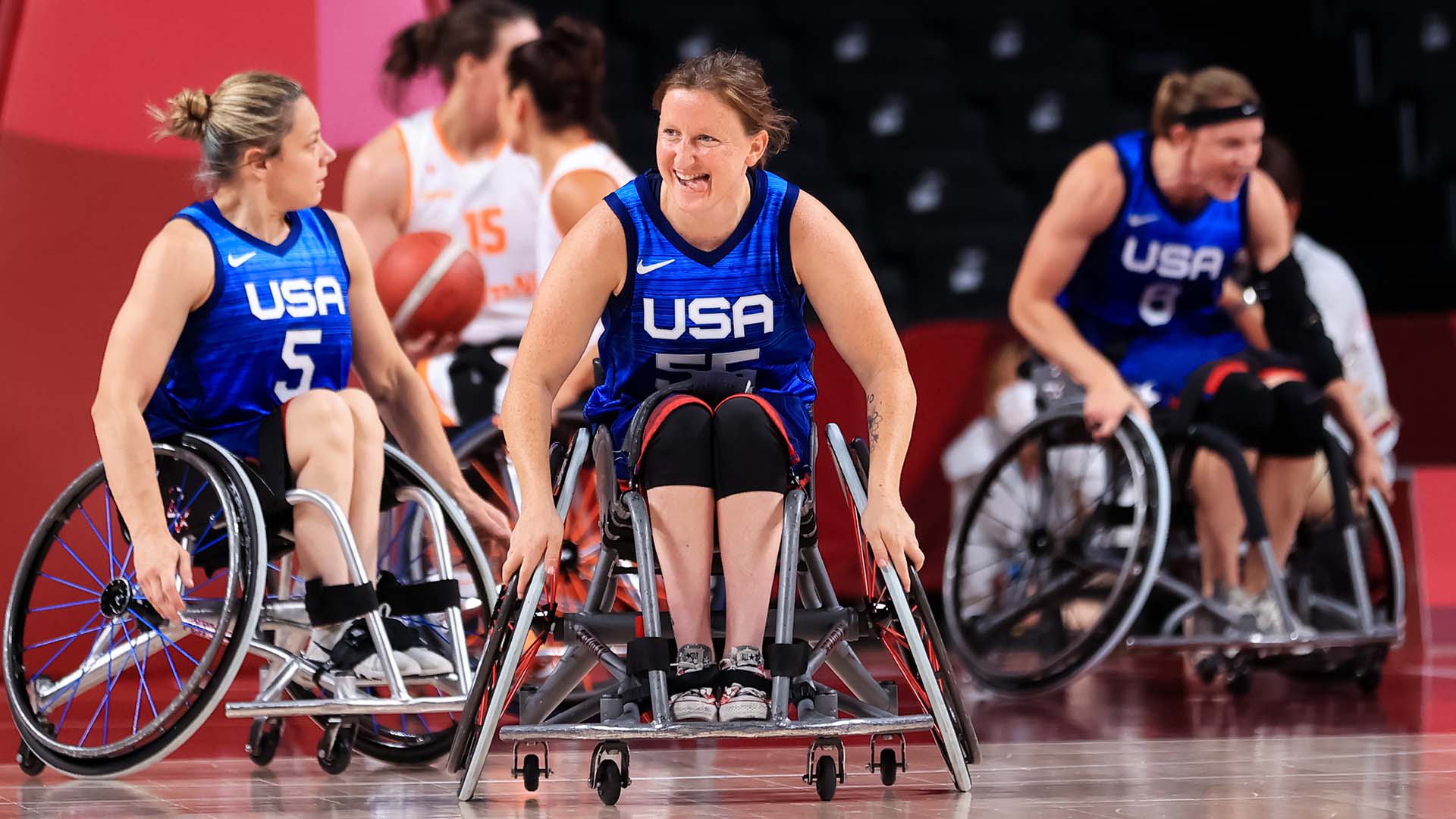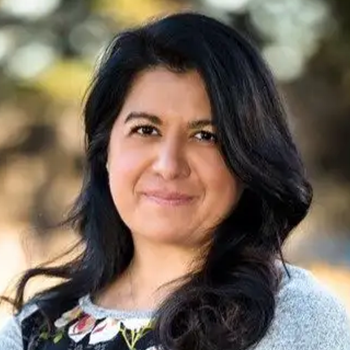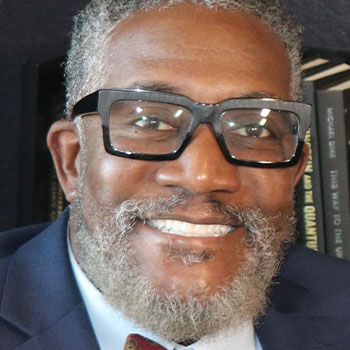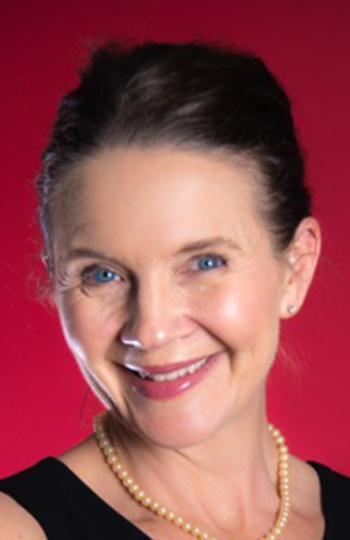Dunks, digs and diplomas
Drive to succeed extends to classroom for record-breaking Roadrunner student-athletes.
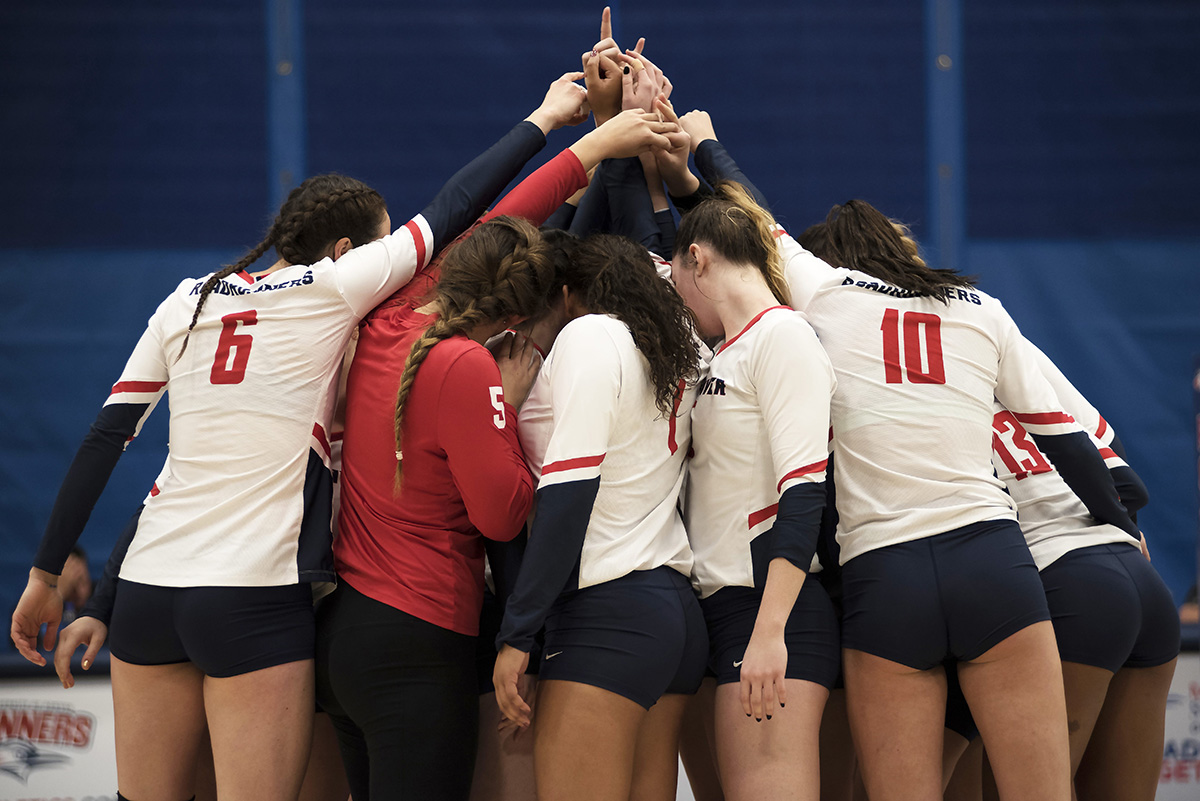
After shooting a team-best 162 across two rounds at a golf tournament in Wichita Falls, Texas, Jennifer Hankins stepped onto the team bus ahead of a 10-hour Tuesday-night ride back to Denver with one thing on her mind: mechanical engineering.
The sophomore golfer took out her phone to use as a Wi-Fi hotspot for her laptop so she could work on homework before the team rolled back into Denver around midnight, eight hours before her first class Wednesday. And so goes the life of a student-athlete studying engineering.
“We don’t have free time; we have homework time,” said Hankins, who chose Division II athletics so she wouldn’t miss as much time in the classroom as a Division I athlete. “After a round of golf, you’re mentally drained. And then you have to do engineering homework, which is calculus-based. It’s a lot of mentally preparing yourself that you’re going to have to find some energy somewhere to get stuff done.”
Hankins, who scored a 30 on the ACT in high school and was an all-conference golfer as a freshman, was one of a record-breaking 89 Roadrunners who made the Athletic Director’s Honor Roll last fall with a 3.5 GPA or higher. The average GPA for all student-athletes in fall 2017 was 3.2, also a school record.
The Metropolitan State University of Denver women’s volleyball team, which advanced to the second round of the NCAA Tournament in December, led the way with a 3.7 team GPA, in season no less. The team includes students majoring in a variety of programs such as biology, education and marketing.
So how does a body of student-athletes perform at such a high level?

Life in the balance
Human services professor Shawn Worthy, Ph.D., serves as MSU Denver’s faculty athletics representative, an NCAA-mandated position that provides oversight of the Athletic Department and reports to the University president. Worthy chaired the search that led to the hire of Director of Athletics Anthony Grant, Ph.D., who entered athletics administration not from coaching but an academic-support background.
“We felt like his understanding of the student-athlete experience aligned with what we wanted MSU Denver’s understanding of that to be, which is that it’s not just athletics,” Worthy said of Grant. “It’s athletics, academics, being a good person and ultimately graduating.”
The NCAA’s Division II promotes “Life in the Balance,” a holistic approach to the student-athlete experience championed in part by former MSU Denver President Stephen Jordan, who also served as the chair of the Division II Presidents Council.
Grant said one of his points of emphasis on arrival was academic achievement.
“The first thing, in terms of our priorities, is to educate our student-athletes and provide them with an outstanding student-athlete experience and move them to a point of graduation,” he said. “The next thing is to compete at a high level, to provide our student-athletes with a championship-caliber experience and put them in a position to compete for and win national championships. There’s a tradition of winning here. We take pride in winning, and we don’t shy away from that.”
The student-athlete experience at MSU Denver also goes beyond athletics and academics. Roadrunner teams are encouraged to pursue community service opportunities that the athletes are passionate about, and teams have partnered with organizations such as Food for Thought, Habitat for Humanity and the Special Olympics.
“To elevate the experience for our community, whether it be downtown or here on our campus, our job is to engage in that realm and not be an entity unto itself up on a hill,” Grant said.

Tangible support and buy-in
In 2014, Erin Hiltner was hired as associate athletic director for student services, a position created by former MSU Denver Athletic Director Joan McDermott that is partially funded by the NCAA’s Strategic Alliance Matching Grant, a five-year allocation that McDermott’s successor, Grant, converted into a permanent full-time position.
“Having a position that’s focused solely on providing academic support for our student-athletes really helps elevate us and helps us reach our goals. That’s not a full position that’s widely held across Division II,” Grant said.
Hiltner’s job is all-encompassing support of student-athletes. She serves as a secondary academic advisor, making sure athletes can balance their course loads with their competition and travel schedules and stay on track to graduate. She does grade checks, as do individual coaches, and works to ensure that the Athletic Department is making the most effective use of available campus technology to benefit students. She also serves as the advisor to the Student-Athlete Advisory Committee.
Still, Hiltner is quick to credit MSU Denver student-athletes and those bringing them to campus for their academic success.
“I think it’s a combination of our coaches recruiting students with stronger academics and those students following through,” Hiltner said. “Everyone says, ‘Oh, your position helps a lot,’ but I don’t go to class for them or take tests for them. They’re earning those grades.”
Men’s basketball coach Michael Bahl, who earned all-conference academic honors three times as a Roadrunner, said MSU Denver coaches are competitive not just about winning games but about academics too. Bahl’s staff does class checks every day to make sure basketball players are not only in class but also sitting in the first three rows.
“I think there’s a stigma on athletics that you can’t get good grades and still be competitive, and that’s not the case at all. We’ve had student-athletes who were first-team All-Americans in basketball and first-team All-Americans in academics,” Bahl said. “We really do think we’re the front porch to this institution, and we want to make sure we represent MSU Denver in all realms, not just on the field or on the court.”

